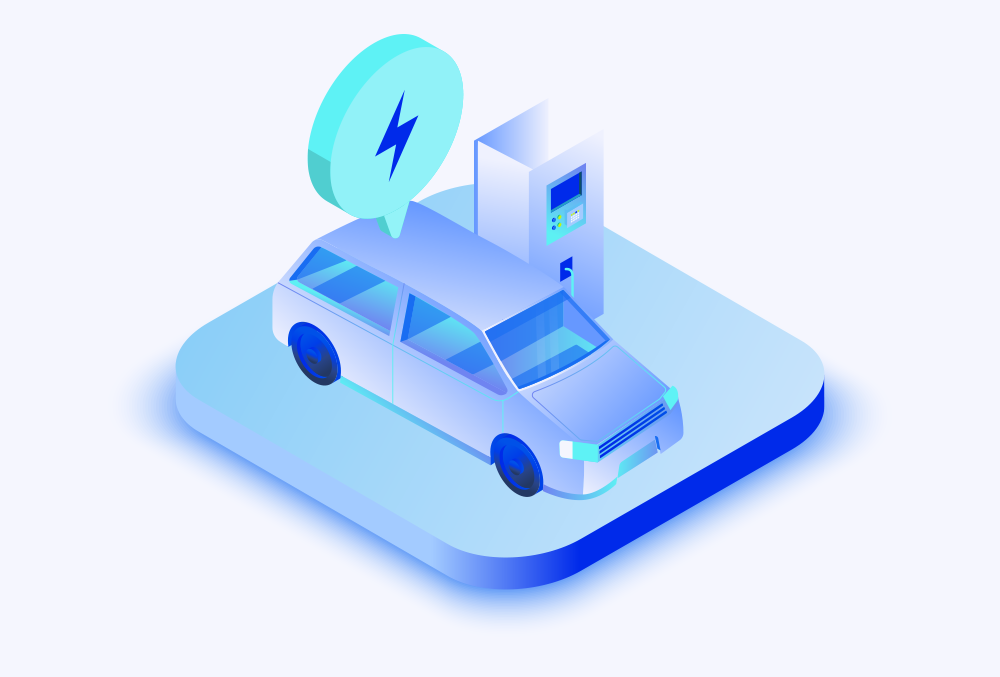Introduction
As we move towards an era where oil will likely become less accessible or even regulated in some way due to global warming concerns and other issues such as pollution caused by fuel sources like coal fired power plants, electric vehicles are to become the transport of the future. With such a massive shift across all transportation branches, all hands on deck in terms of innovative solutions are needed.
Luckily, such industry ameliorations can be observed in every aspect there is to eMobility. From ever-enhancing electric cars with prolonged-battery lives to all kinds of charging facilities, eMobility is entering a whole new level.
Amongst these solutions, a big part is played by software and digital products. Namely, eRoaming, connected car data and smart charging are all here to stay and are only advancing at a speedy pace.
We have already covered eRoaming in one of our downloadable PDFs. To see more click HERE.
It’s now time for smart charging.
Smart Charging
A few definitions can be found in terms of what smart charging really is. Some of the widely circulating ones say:
Smart charging is a cloud-based technology that makes it possible to adjust how much energy is used by EVs based on the current state of the energy grid.
But what does it really mean in practice? One must look at smart charging as a complex, inter-connected ecosystem that enables real-time data exchange between:
- charger
- car
- charging operator
- electricity provider (optional)
Through smart charging, the charging stations may monitor, manage, and restrict the use of charging devices to optimize energy consumption. The optimization happens on the basis of collected data which gathers information such as:
- grid capacity
- current energy prices/tariffs
- renewable energy availability or lack thereof
- energy stored locally
- EV preferences
Future-proof nature of smart charging allows for free-choice maneuvers in terms of the quality and quantity of features, leaving the room for any necessary add-ons. All that to ensure EVs will not pose a threat to the grid in times of high charging demand that’s likely to grow directly proportional to the growing popularity of electric cars.
Such a solution allows for careful monitoring of the energy consumption and thus, transferring the charging loads across available energy sources and adjusting the power accordingly. The shifts are to ensure the continuity of (untouched) energy flow for its other consumers, such as homes and facilities nearby.

